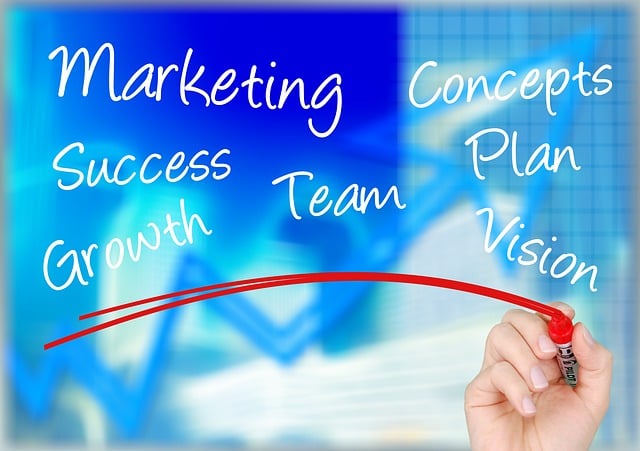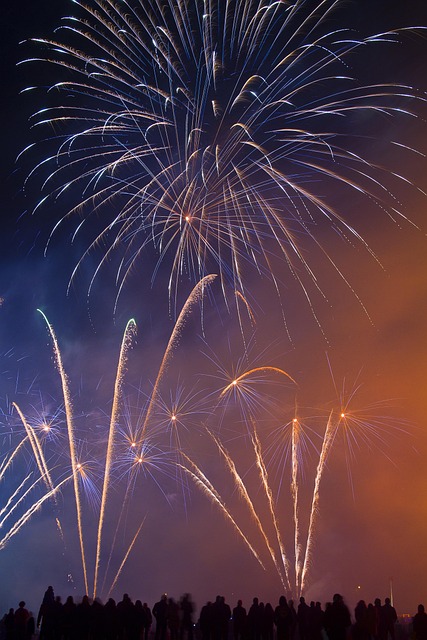TL;DR:
Selecting the right social media platform is crucial for successful event planning for local businesses, aligning with target audience and event nature. Instagram suits visual events, LinkedIn caters to industry panels, while Facebook offers broad reach. Twitter and TikTok enable community engagement, while private groups provide controlled networking. Event planners should test different platforms to tailor strategies effectively, considering demographics, interests, and online behaviors, incorporating relevant content, hashtags, influencers, and leveraging platform-specific features for maximum impact.
Social media has transformed how local businesses connect with their audiences, offering powerful tools for event planning and engagement. This comprehensive guide navigates the art of skillfully managing social media events, from platform selection to post-event follow-up. Discover how to leverage Facebook, Instagram, Twitter, and LinkedIn to create inclusive spaces that foster interaction and leave lasting impressions. Learn effective strategies for promotion, engagement, and on-ground management, ensuring your local business events resonate with your target market.
- Choosing the Right Platform for Your Event
- – Understanding your target audience and their social media preferences
- – Benefits of hosting events on different platforms (Facebook, Instagram, Twitter, LinkedIn)
Choosing the Right Platform for Your Event

When planning events for local businesses, choosing the right social media platform is a crucial step that can make or break your event’s success. It’s essential to align your selection with both your target audience and the nature of the event. For instance, Instagram may be ideal for showcasing visual elements like food, fashion, or art shows, while LinkedIn could be more suitable for industry-focused panels or workshops targeting professionals. Facebook offers a broad reach and various features like events pages, live streaming, and targeted advertising, making it versatile for different types of gatherings.
Consider your event’s goals when making this decision. If you’re aiming to foster community engagement, platforms with robust interactive capabilities like Twitter or TikTok can help create buzz and encourage real-time participation. For more intimate gatherings or networking events, private groups on Facebook or LinkedIn could provide a controlled environment for meaningful connections. Event planning professionals should test different platforms to understand their unique advantages and tailor their strategies accordingly.
– Understanding your target audience and their social media preferences

In event planning for local businesses, understanding your target audience is paramount. It’s not just about reaching people but engaging them meaningfully on their preferred social media platforms. A thorough analysis of demographics, interests, and online behaviors helps tailor content to resonate with attendees. For instance, a youth-focused event would require a different strategy compared to one targeting professionals, reflecting in the choice of platforms, posting styles, and engagement tactics.
Social media preferences vary across generations and interest groups. Younger audiences often engage more on Snapchat or TikTok for short, interactive content, while professionals might be more active on LinkedIn or Twitter for updates and discussions. Incorporating these insights into event promotion ensures visibility and captures the attention of your desired audience. Skilful management includes creating relevant content that aligns with their interests, using hashtags effectively, and leveraging influencers or local community pages to expand reach.
– Benefits of hosting events on different platforms (Facebook, Instagram, Twitter, LinkedIn)

Hosting events on various social media platforms offers numerous advantages for local businesses looking to enhance their marketing strategies. Facebook, with its vast user base and diverse features, allows for comprehensive event promotion, including detailed descriptions, image galleries, and interactive elements like polls and live streaming. This platform is ideal for engaging a broader audience and creating buzz around an event.
Instagram, known for its visual appeal, provides the perfect space to showcase event highlights through captivating photos and short videos. The platform’s Stories feature enables businesses to offer exclusive behind-the-scenes content or real-time updates, fostering a sense of community and urgency among attendees. Twitter, with its real-time nature, is excellent for quick announcements, ticket sales, and engaging in conversations with potential guests. LinkedIn, on the other hand, caters to a professional audience, making it ideal for industry-specific events, networking meetings, or workshops, thereby expanding reach beyond local boundaries.
Effective event planning involves recognizing the unique advantages each social media platform offers. For local businesses looking to engage their audiences, understanding target preferences and leveraging platforms like Facebook for community building, Instagram for visual storytelling, Twitter for real-time updates, and LinkedIn for professional networking is key to hosting successful events. By strategically choosing the right channel, event organizers can create meaningful interactions, expand reach, and foster stronger connections within their communities.
